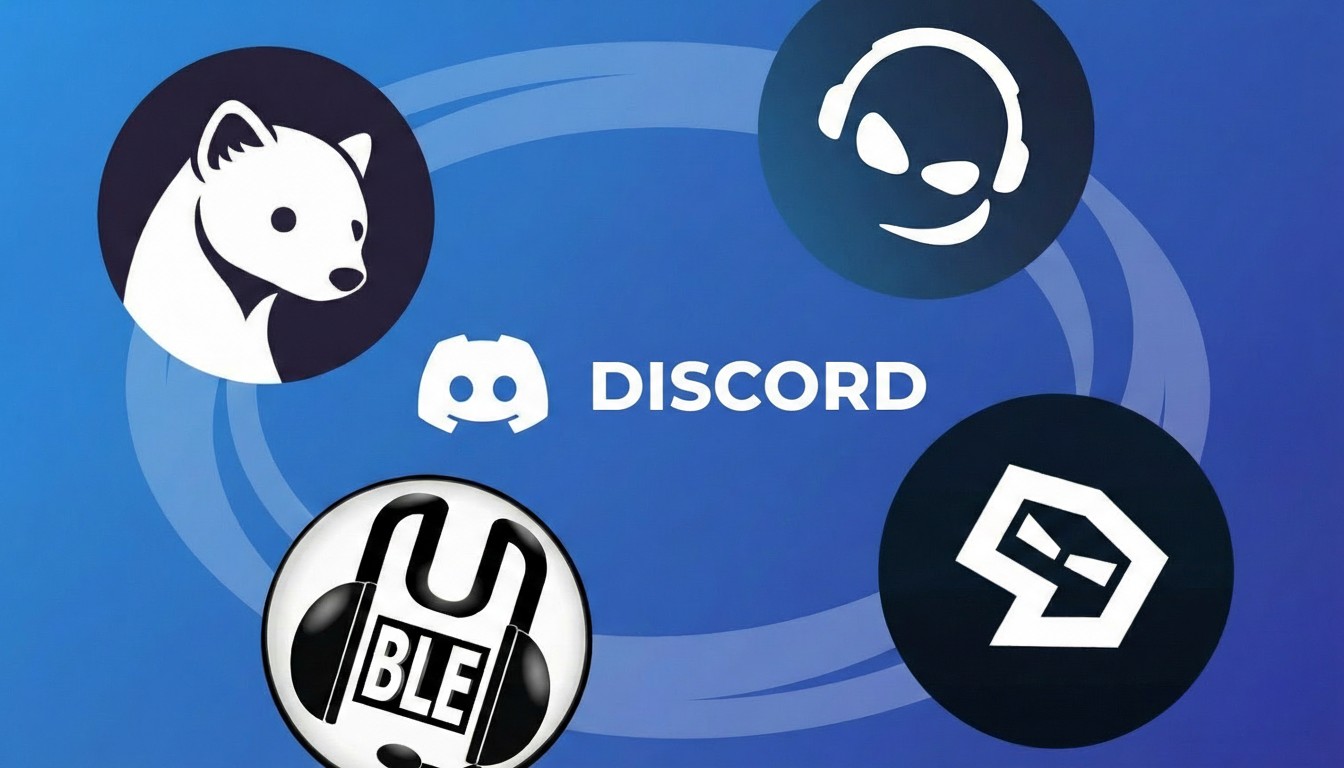Chrome OS will soon support Microsoft Office and other legacy Windows apps
Chrome OS continues its evolution on the road to Jack of All Trades. After Android and then Linux Apps, Google wants its desktop operating system to support Windows apps.

All the latest news, reviews, and guides for Windows and Xbox diehards.
You are now subscribed
Your newsletter sign-up was successful
What you need to know
- Chromebooks will support Windows apps from this Fall
- The upcoming integration is courtesy of a partnership with Google and Parallels.
- Both companies are currently billing this as an enterprise feature, touting the ability to run Microsoft Office and legacy Windows apps.
Chromebooks started life as web-only machines, then added Android support a few years ago. Last year, Google brought Linux support to beef up Chrome OS's developer clout, and now it's going to add Windows apps to the list of platforms Chromebooks will support.
Google's John Solomon, VP of Chrome OS, snuck the announcement in the middle of a blog post today:
We've long been saying that almost any business role can be a cloud worker, and COVID-19 has dramatically made this point. As a result, the Chrome OS team is working on new ways to make sure every company can benefit from the velocity created by supporting a cloud workforce. For example, our new partnership with Parallels brings legacy application support—which includes Microsoft Office desktop apps—to Chromebooks.
Parallels, if you're unfamiliar is a virtualization program that's most known for bringing Windows apps to macOS (check out a review of Parallels15 over at iMore to see how it performs).
The functionality will be made available to Chrome enterprise this fall, as per Parallels. Questions around whether it will also be made available to consumer Chromebooks a bit later, how well it will run, and further queries are unanswered at this time. Google promises that there is "more to come on this over the coming months," but the move already sets up Chromebooks like the new HP x360 to be more desirable business purchases than they currently are.
All the latest news, reviews, and guides for Windows and Xbox diehards.

Michael is a Former Contributor for Windows Central.
